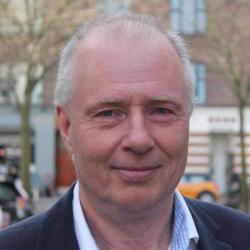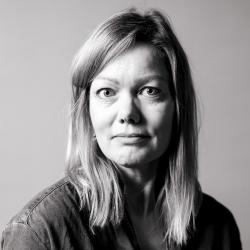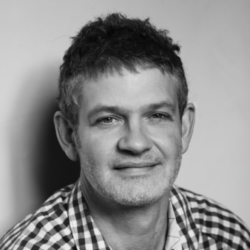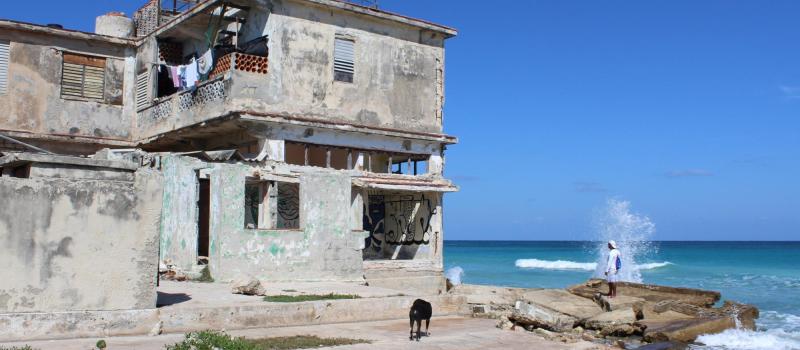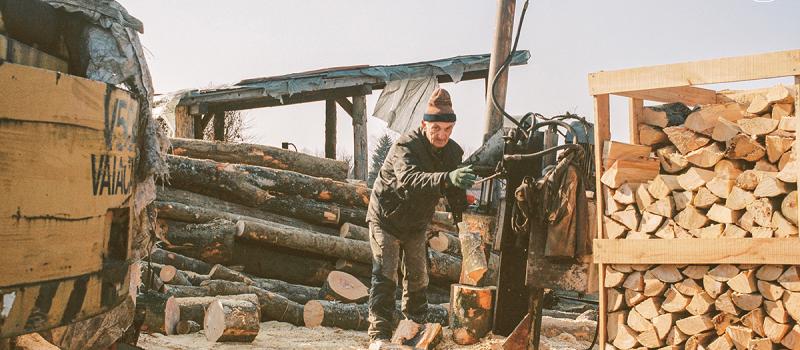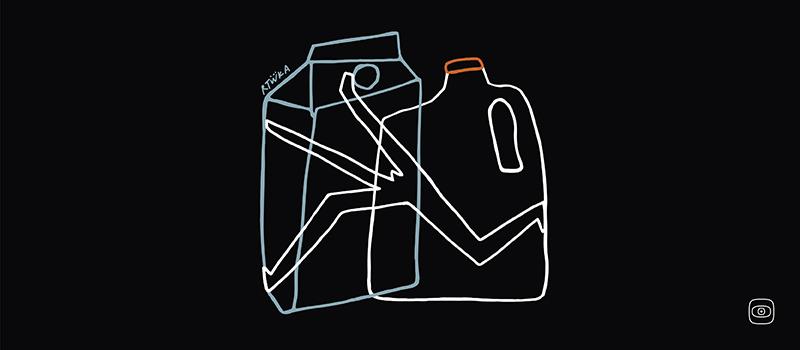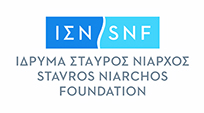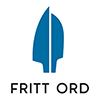
BRUSSELS - There is a big illegal market for pesticides and antibiotics and these substances will still be spread, when they get banned. The industry has been able to continue the use of chlorpyrifos and expect the use to grow in the coming years, despite it has a huge and bad impact on animals and humans.
When it is perhaps banned in the EU and the US, the spread seems to continue in illegal trade and by imported vegetables and the contamination of water.
Furthermore, the public are still exposed to this highly toxic organophosphate through imported foods from countries where it is still legal to use. The control and alert-system is not working.
Illegal use of pesticides and antibiotics poses a threat to public health and the environment in general. They are dangerous for all people and animals. By using the special possibilities in the regulation for access to environmental data and combining the investigation in several countries, a collaborative team of journalists from Denmark, Slovenia, Poland and the UK tries now to get much more of the pattern uncovered.
This is the second project of a new cross-border team of journalists on pesticides. The results of the first project are available here. By conducting the second part of their research the journalists have decided to continue their focus on chlorpyrifos and now also to investigate the dark trade of pesticides and antibiotics. The cross-border team expanded the group with journalists from Norway and Belgium during their work in the first phase of the project. In this next phase they also expanded the group with journalists from Germany to get a more permanent relation to the UK as well.
© Photo image: Knack
The Cross-border investigation into illegal trade in pesticides is led by Investigative Reporting Denmark and made in collaboration with journalists from Knack in Belgium, Newsweek in Poland, Ostro in Slovenia, OCCRP, IRPI in Italy, De Groene Amsterdammer in The Netherlands, Bayerischer Rundfunk (ARD) in Germany and The Midwest Center for Investigative Reporting in US. The investigation is supported by Journalismfund.eu and Reporters in the field/Robert Bosch Stiftung.
ONLINE:
- The perfect crime: Low risks, high returns, minimal sanctions - Investigative Reporting Denmark, 03/06/2020
- Handel in illegale pesticiden: "Antwerpse haven is een draaischijf" - VRT.be - 03/06/2020
- Il crimine invisibile: il traffico dei pesticidi illegali in Europa - IRPIMedia - 03/06/2020
- Już nie alkohol, broń ani narkotyki. Przestępczą żyłą złota są dziś nielegalne pestycydy - Tygodnik Powszechny - 01/06/2020
- Nezakoniti pesticidi: majhno tveganje, veliki dobički, šibke sankcije - Ostro, 02/06/2020
- De perfecte misdaad: trafiek in illegale pesticiden - Knack, 02/06/2020
- Illegale Pestizide: Hoher Profit, geringes Risiko - BR24, 03/06/2020
- The perfect crime? Pesticides - low risk, minimal sanctions - EUObserver, 03/06/2020
- Simpele misdaad, weinig risico - De Groene Amsterdammer - 03/06/2020
- Hoher Profit, wenig Risiko - Tagesschau.de - 03/06/2020.
need resources for your own investigative story?
Journalismfund Europe's flexible grants programmes enable journalists to produce relevant public interest stories with a European mind-set from international, national, and regional perspectives.
support independent cross-border investigative journalism
We rely on your support to continue the work that we do. Make a gift of any amount today.
